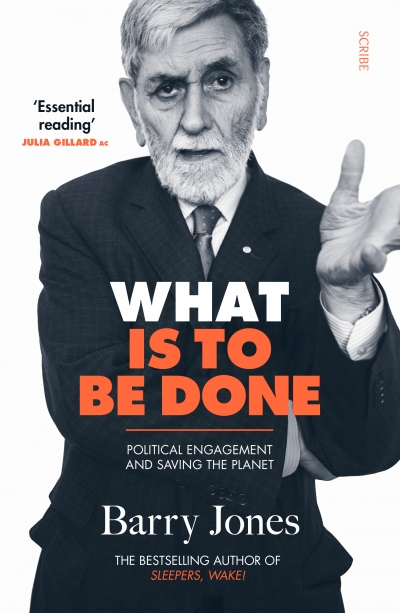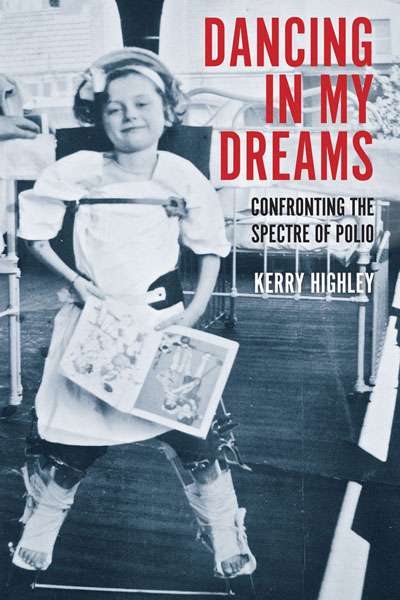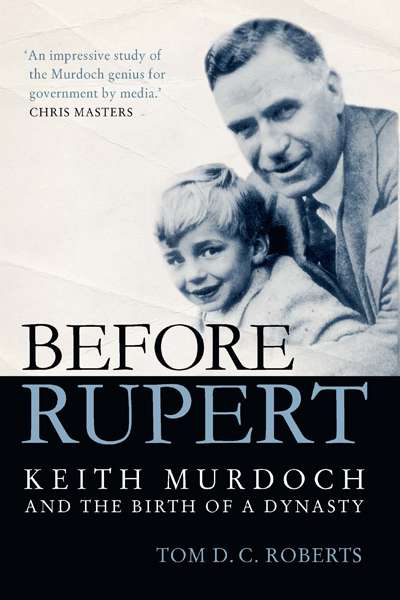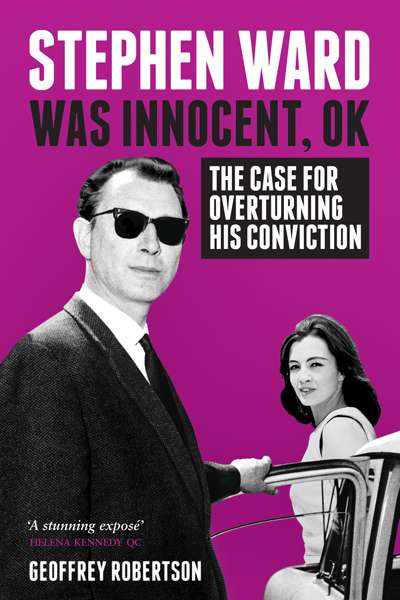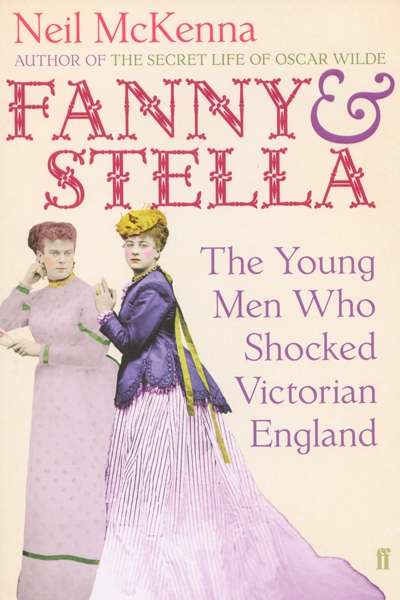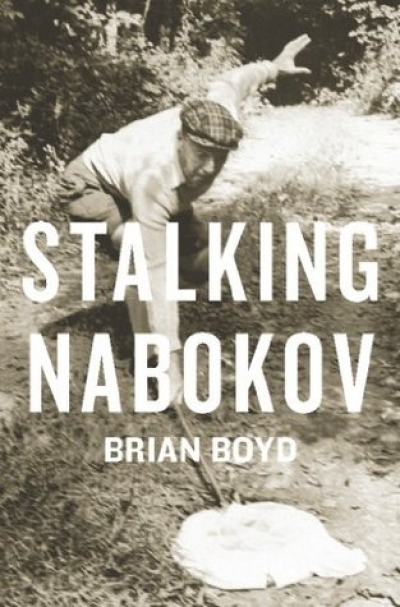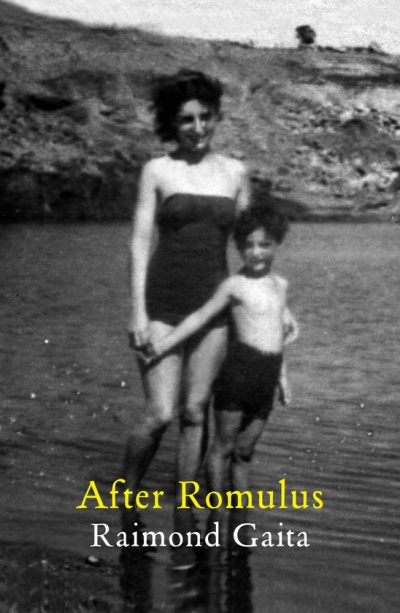Paul Morgan
What Is to Be Done: Political engagement and saving the planet by Barry Jones
by Paul Morgan •
Dancing in My Dreams: Confronting the Spectre of Polio by Kerry Highley
by Paul Morgan •
Before Rupert: Keith Murdoch and the Birth of a Dynasty by Tom D.C. Roberts
by Paul Morgan •
Stephen Ward Was Innocent, OK: The Case for Overturning his Conviction by Geoffrey Robertson
by Paul Morgan •
Fanny and Stella: The Young Men Who Shocked Victorian England by Neil McKenna
by Paul Morgan •
Shirley Hazzard: Literary Expatriate and Cosmopolitan Humanist by Brigitta Olubas
by Paul Morgan •

